Herbal tea has been enjoyed for centuries due to its numerous health benefits and soothing properties. Unlike traditional teas, herbal teas are made from the infusion of various herbs, flowers, fruits, and spices, offering a wide range of flavors and aromas. In this article, we will explore the benefits of herbal tea and delve into different varieties that can be incorporated into your daily routine. From promoting relaxation and aiding digestion to boosting immunity and providing antioxidant support, herbal teas offer a natural and refreshing way to enhance overall well-being.
- Relaxation and Stress Relief:
One of the primary benefits of herbal tea is its ability to promote relaxation and alleviate stress. Certain herbs, such as chamomile, lavender, and lemon balm, have calming properties that help reduce anxiety and induce a sense of tranquility. These teas can be particularly beneficial when consumed before bedtime to promote better sleep quality.
- Digestive Health :
Herbal teas are known for their digestive benefits, helping to soothe an upset stomach and improve overall digestion. Peppermint tea, for example, can relieve symptoms of indigestion, bloating, and nausea. Ginger tea is another popular choice, as it aids in digestion, reduces inflammation, and alleviates gastrointestinal discomfort.
- Immune Support :
Many herbal teas possess immune-boosting properties, making them an excellent addition to your wellness routine. Echinacea tea is often used to strengthen the immune system and reduce the severity and duration of colds and flu. Elderberry tea is rich in antioxidants and may help prevent respiratory infections and support overall immune function.
You Can Read Our Another Post Ayurvedic Remedies For Common Health Issues
- Antioxidant Power:
Herbal teas are a great source of antioxidants, which help protect the body against free radicals and oxidative stress. Rooibos tea, derived from the leaves of the South African red bush plant, is packed with antioxidants that can support heart health and reduce inflammation. Green tea, although technically not an herbal tea, is also rich in antioxidants called catechins, which have been linked to various health benefits, including improved brain function and reduced risk of chronic diseases.
Herbal Tea Varieties :
There is a wide variety of herbal teas available, each offering unique flavors and potential health benefits. Here are a few popular options:–
a) Chamomile Tea: Known for its calming properties, chamomile tea promotes relaxation, aids sleep, and soothes digestive discomfort.
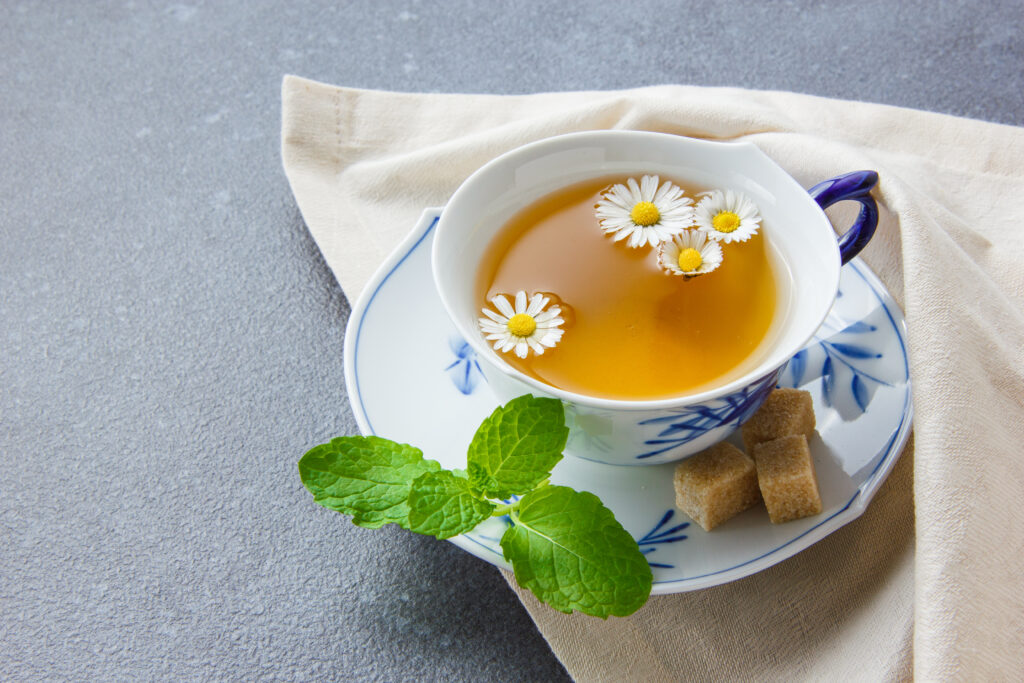
b) Peppermint Tea: Refreshing and invigorating, peppermint tea aids digestion, relieves headaches, and provides relief from nasal congestion.
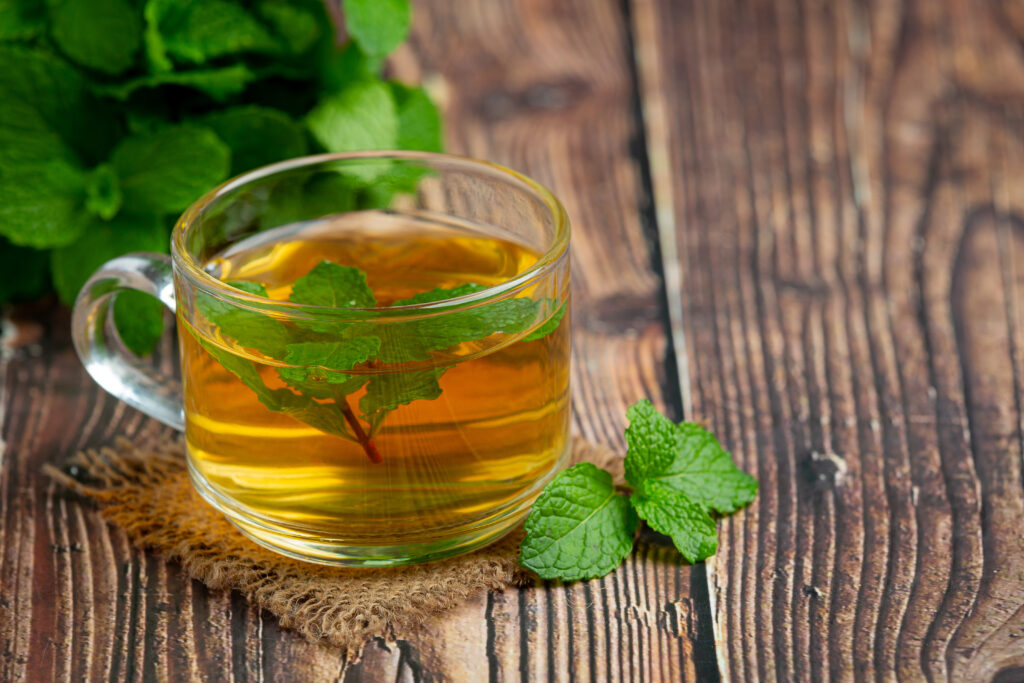
c) Hibiscus Tea: Vibrantly colored and tart in flavor, hibiscus tea is rich in antioxidants, supports heart health, and may help lower blood pressure.
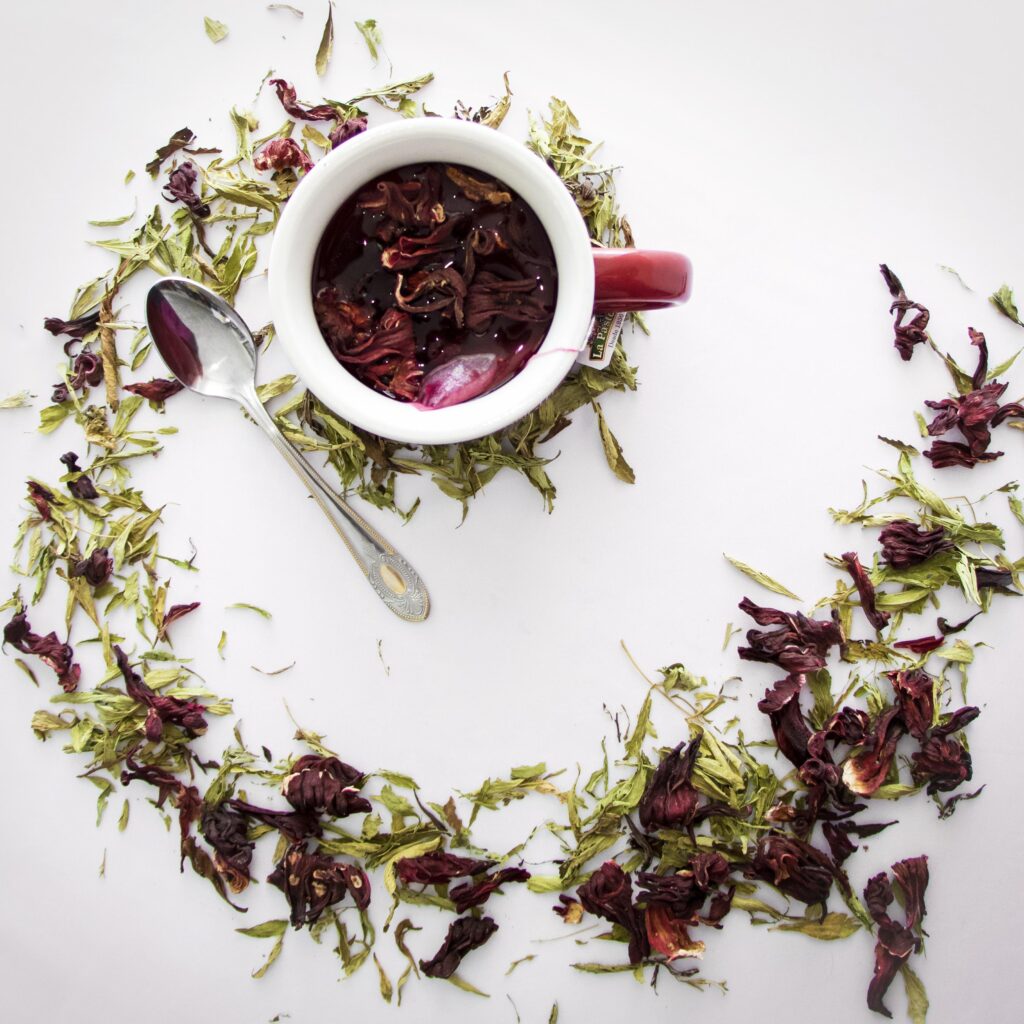
d) Lemon Ginger Tea: Combining the zesty flavor of lemon with the warming spice of ginger, this tea aids digestion, boosts immunity, and provides a refreshing pick-me-up.
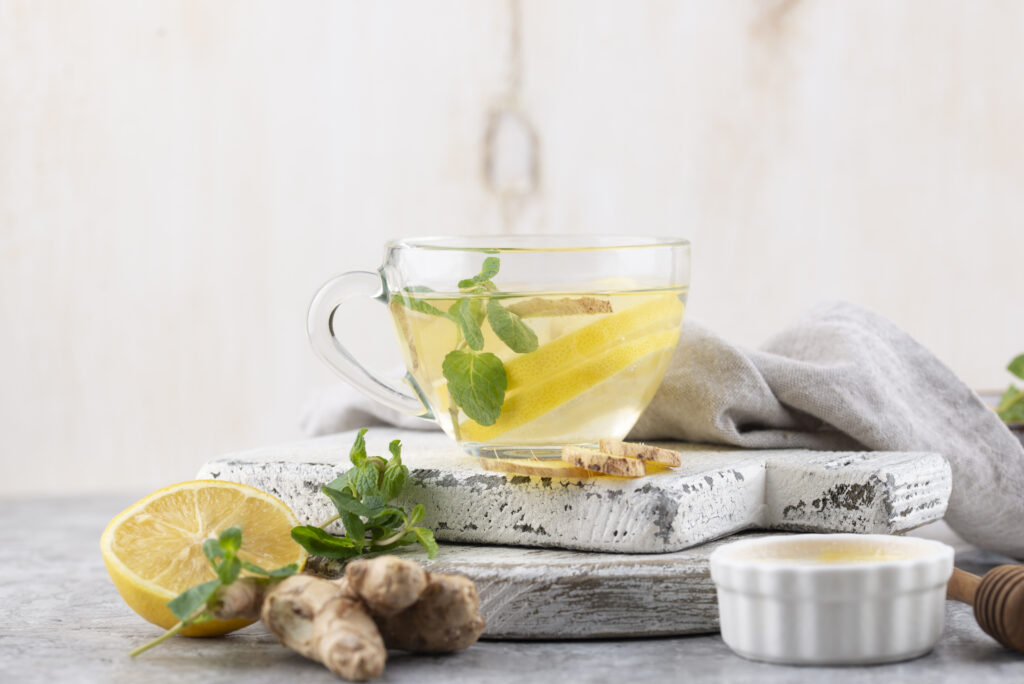
e) Rooibos Tea: With its earthy and slightly sweet taste, rooibos tea is caffeine-free and rich in antioxidants, promoting overall well-being.
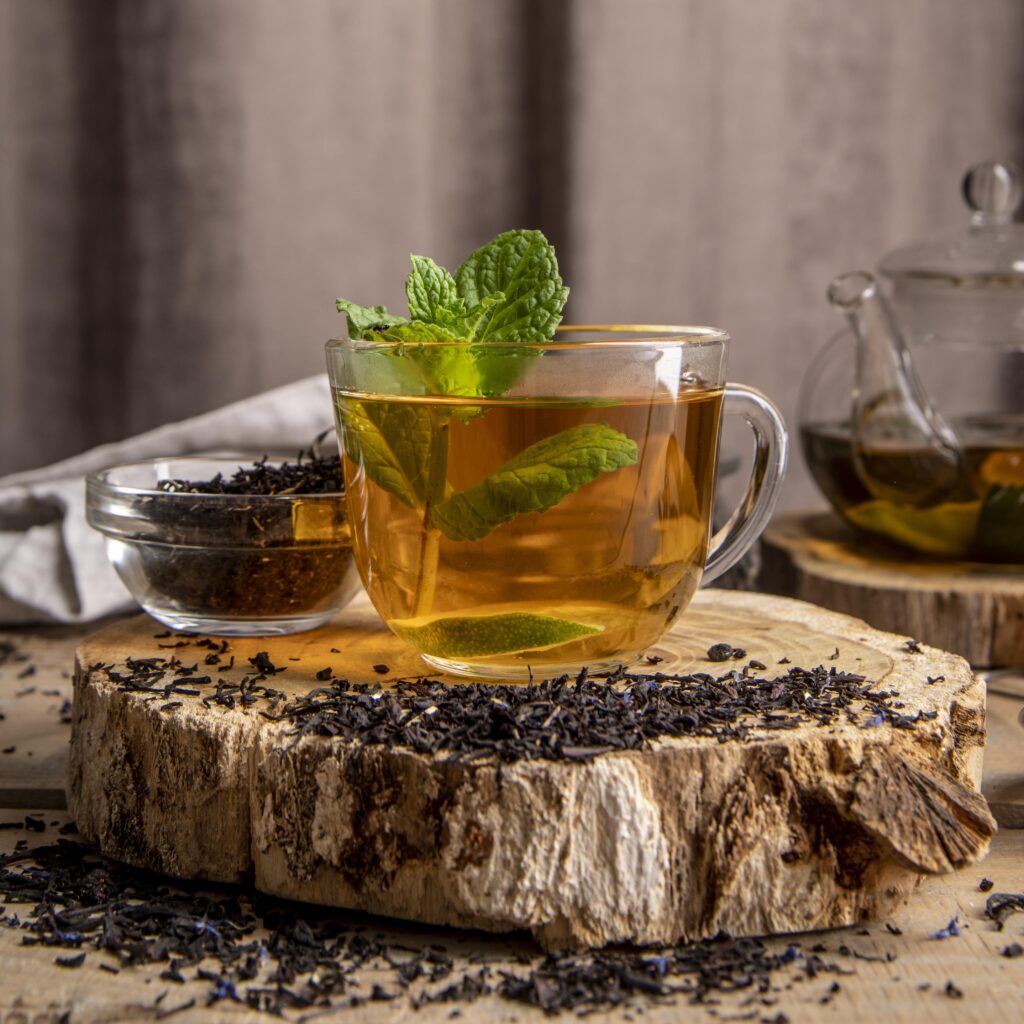
More: Wanted to download Odia Deals ,visit here
Herbal tea offers a delightful and natural way to enhance your health and well-being. From promoting relaxation and aiding digestion to boosting immunity and providing antioxidant support, the benefits of herbal tea are vast. By incorporating different varieties into your daily routine, you can enjoy a range of flavors while reaping the potential health benefits. Whether you prefer the soothing effects of chamomile, the invigorating qualities of peppermint, or the antioxidant power of hibiscus, there is an herbal tea to suit every taste and need. Embrace the world of herbal teas and discover the joy of sipping on a warm and nourishing beverage that supports your overall wellness.
What is herbal tea?
Herbal tea, also known as tisane, is an infusion made by steeping various herbs, flowers, fruits, or other plant materials in hot water. Unlike traditional tea, which comes from the Camellia sinensis plant, herbal tea is caffeine-free and offers unique flavors and potential health benefits.
What are the potential benefits of herbal tea?
Herbal tea can provide a range of benefits, including:
Soothing and calming effects for relaxation
Digestive aid and relief from digestive issues
Hydration without caffeine
Potential antioxidant properties for overall well-being
Assistance with sleep and promoting healthy sleep patterns
Potential immune system support
Assistance in reducing inflammation and supporting joint health
Q3: What are some popular varieties of herbal tea? A3: There is a wide variety of herbal teas available, each with its own distinct flavors and potential benefits. Here are some popular ones:
Chamomile tea: Known for its calming properties and promoting better sleep.
Peppermint tea: Refreshing and aids digestion and provides relief from bloating or stomach discomfort.
Ginger tea: Helps with nausea, digestion, and can provide warming effects.
Rooibos tea: A South African tea rich in antioxidants, with a naturally sweet and nutty flavor.
Hibiscus tea: Tart and vibrant tea that may help maintain healthy blood pressure levels.
Lavender tea: Promotes relaxation, reduces stress, and may aid in managing anxiety.
Can anyone consume herbal tea?
Herbal tea is generally considered safe for most people to consume. However, individuals with specific health conditions, allergies, or who are taking medications should consult with a healthcare professional to ensure it is safe for them. Some herbs may interact with certain medications or have contraindications for certain conditions.
How should herbal tea be prepared?
To prepare herbal tea:
Boil fresh water and let it cool for a minute.
Place the desired amount of herbal tea in a teapot or infuser.
Pour the hot water over the herbal tea and let it steep for the recommended time (usually 5-10 minutes).
Strain the tea leaves or remove the infuser, and it’s ready to be enjoyed.
Can herbal tea be consumed iced or cold?
Yes, herbal tea can be enjoyed as iced tea. After steeping the tea, allow it to cool, and then pour it over ice. You can add natural sweeteners, citrus slices, or herbs for extra flavor.

